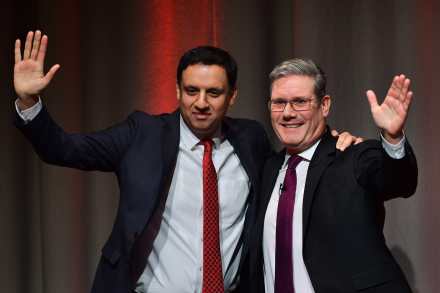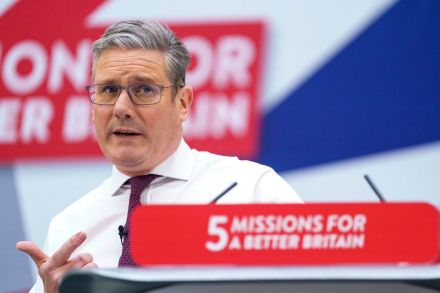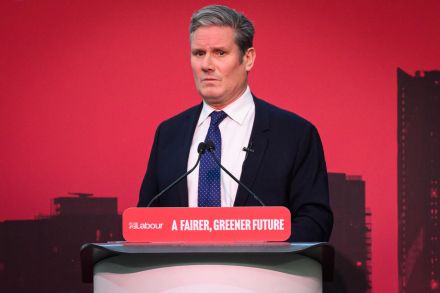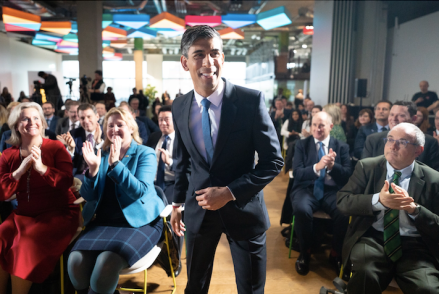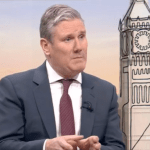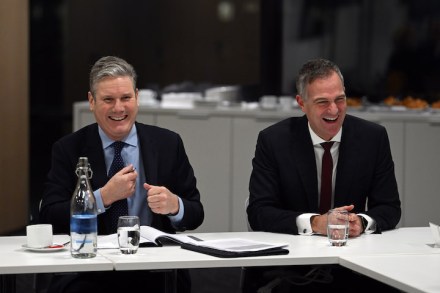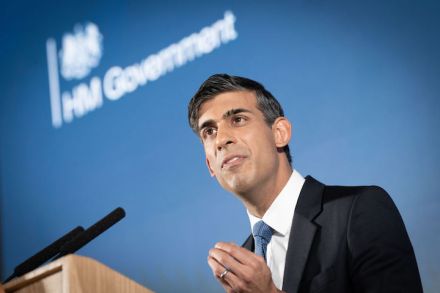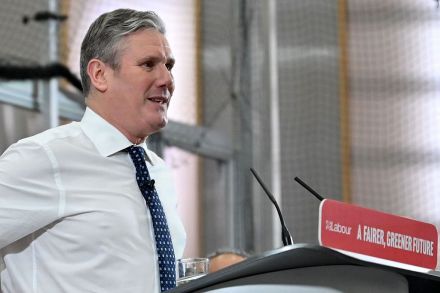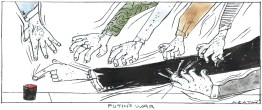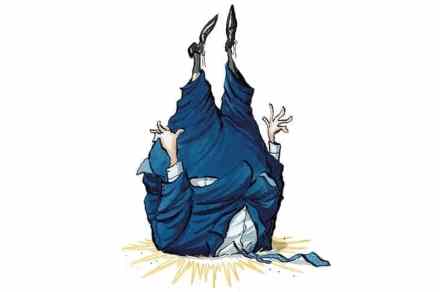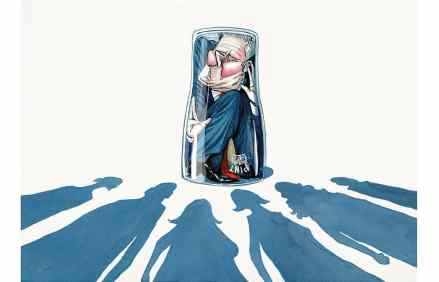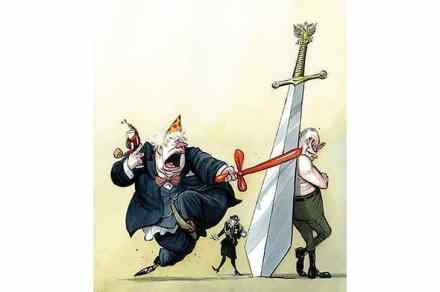Will the SNP’s chaotic leadership race ease Starmer’s path to Downing Street?
Nicola Sturgeon’s shock resignation has left Labour feeling hopeful. Might this be their chance to make significant gains north of the border at the next general election? Even before the First Minister’s unexpected announcement, the Scottish Labour party was already running at 29 per cent in polls of Westminster vote intentions, 10 points up on its tally in 2019. Instead of being in third place (and 26 points behind the SNP), it now occupied second place – ahead of the Conservatives and only 14 points behind the SNP. True, at that level of support the party might still gain no more than half a dozen seats at the expense of
